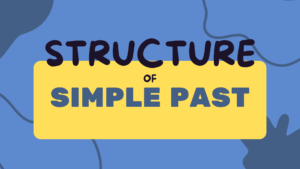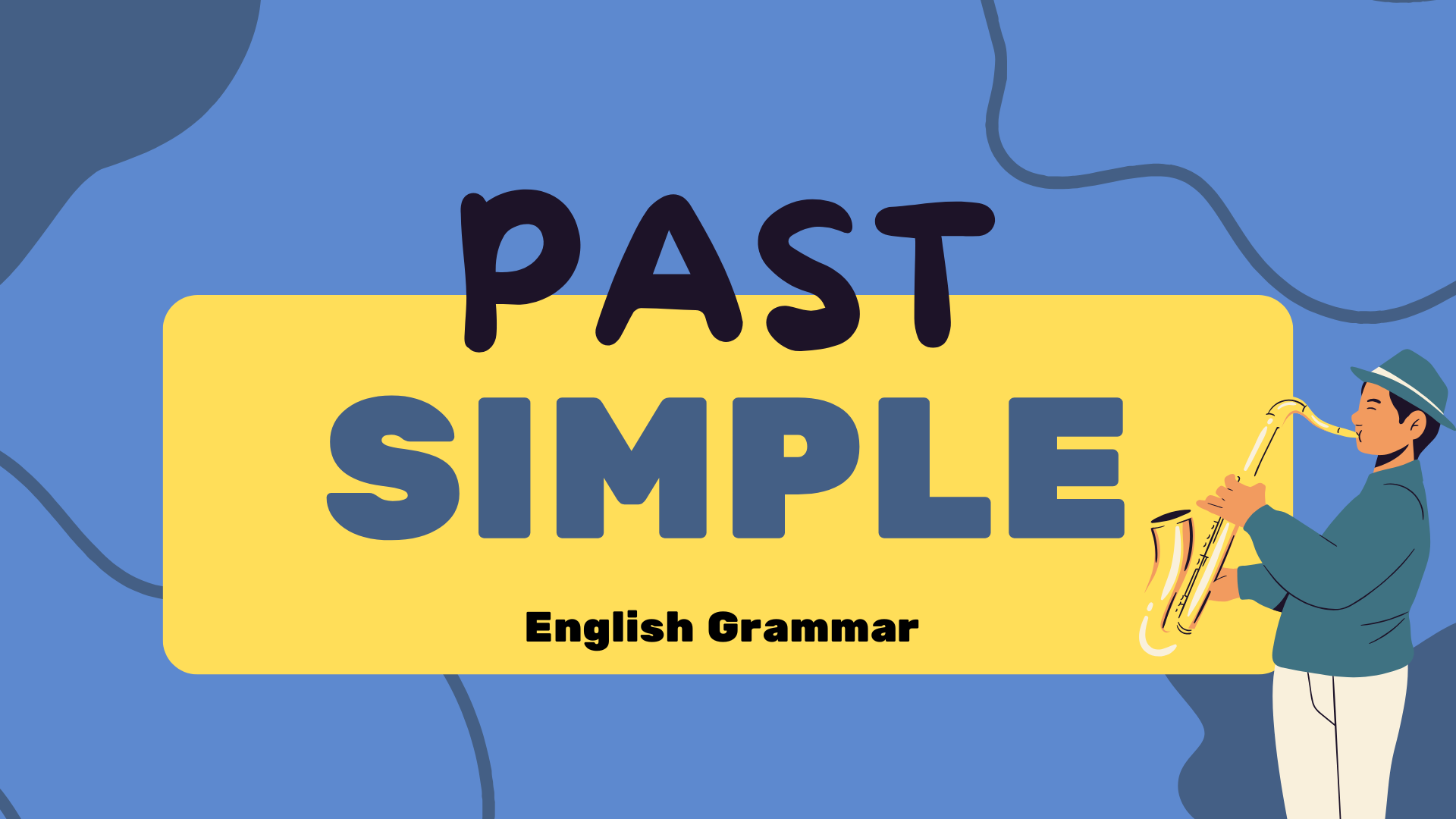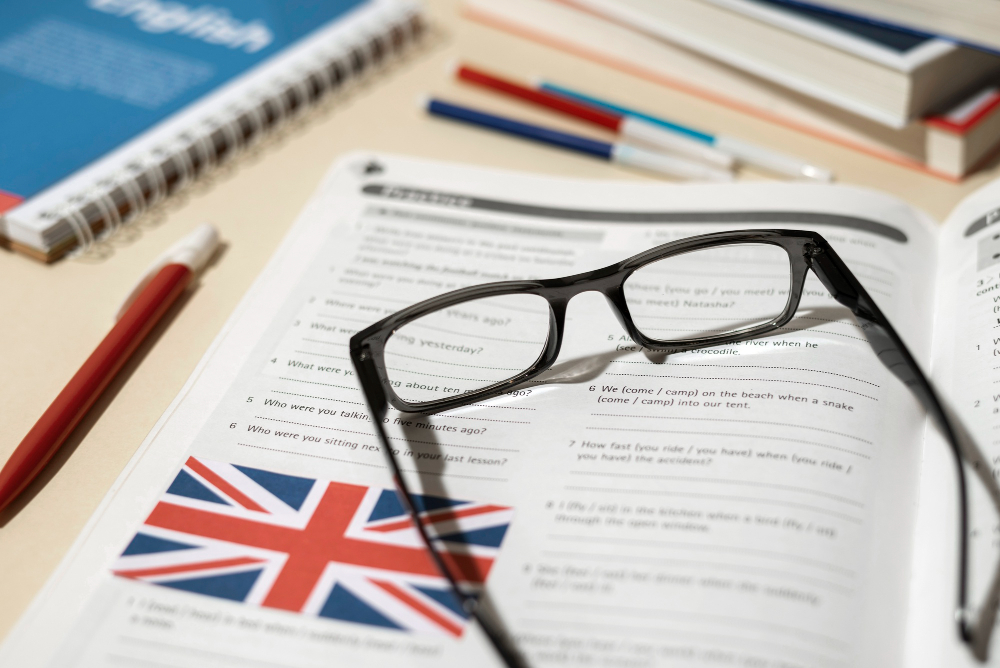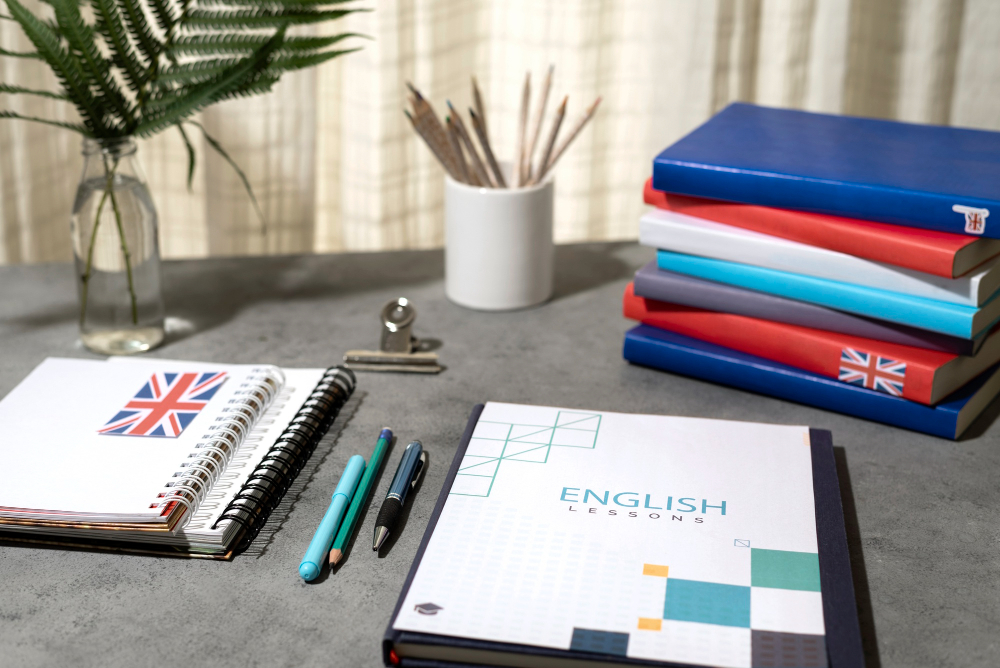Introduzione
Il passato semplice è un componente fondamentale della grammatica inglese, utilizzato per descrivere azioni o eventi che si sono verificati in un momento specifico del passato. Padroneggiare questo tempo verbale è essenziale per comunicare in modo efficace, raccontare storie e trasmettere esperienze. Questo articolo esplorerà la formazione, gli usi e i verbi irregolari comuni associati a questo tempo verbale.
Formazione del Passato Semplice
Verbi Regolari
Per i verbi regolari, il passato semplice si forma aggiungendo -ed alla forma base del verbo.
Esempi:
– Walk → Walked
– Play → Played
– Visit → Visited
Verbi Irregolari
I verbi irregolari non seguono uno schema specifico e hanno forme uniche al passato che devono essere memorizzate.
Esempi:
– Go → Went
– Have → Had
– Eat → Ate
– Write → Wrote
Struttura

La struttura di base per il passato semplice nelle forme affermativa, negativa e interrogativa è la seguente:
– Affermativa: Soggetto + verbo al passato
– Esempio: I visited my friend.
– Negativa: Soggetto + did not + verbo base
– Esempio: I did not visit my friend.
– Interrogativa: Did + soggetto + verbo base?
– Esempio: Did you visit your friend?
Usi del Passato Semplice
1. Azioni Completate
Viene utilizzato principalmente per esprimere azioni complete in un momento specifico del passato.
Esempi:
– She finished her report yesterday.
– They went to the cinema last week.
2. Sequenza di Eventi
È anche usato per descrivere una serie di azioni che sono avvenute una dopo l’altra.
Esempi:
– He woke up, took a shower, and had breakfast.
3. Durata nel Passato
Il passato semplice può indicare che un’azione si è verificata per un periodo di tempo ora completato.
Esempi:
– We lived in Paris for five years.
– She studied at that university from 2010 to 2014.
4. Abitudini nel Passato
Può descrivere abitudini o routine che si sono verificate regolarmente nel passato, ma che non accadono più.
Esempi:
– When I was a child, I played outside every day.
– They visited their grandparents every summer.
Errori Comuni
Confondere Forme Regolari e Irregolari
Un errore comune è applicare erroneamente la forma regolare ai verbi irregolari. Ad esempio, dire “I goed to the store” invece di “I went to the store.”
Usare il Riferimento Temporale Sbagliato
Questo tempo verbale dovrebbe essere utilizzato con espressioni temporali specifiche, come ieri, la scorsa settimana o nel 2010. Evita di utilizzarlo con indicatori di tempo presente.
Errato: I see him yesterday.
Corretto: I saw him yesterday.
Conclusione
Il passato semplice è essenziale per discutere azioni, esperienze ed eventi passati. Dominando la sua formazione e i suoi usi, puoi migliorare le tue abilità di narrazione e comunicazione in inglese. Pratica l’uso di verbi regolari e irregolari in vari contesti per diventare più sicuro e a tuo agio con il passato semplice. Che tu stia condividendo storie personali o raccontando eventi storici, il passato semplice ti consente di esprimerti in modo chiaro ed efficace. C’è molto altro da sapere sul passato semplice e il posto migliore per imparare tutti i dettagli sono le nostre lezioni di inglese generale online.








